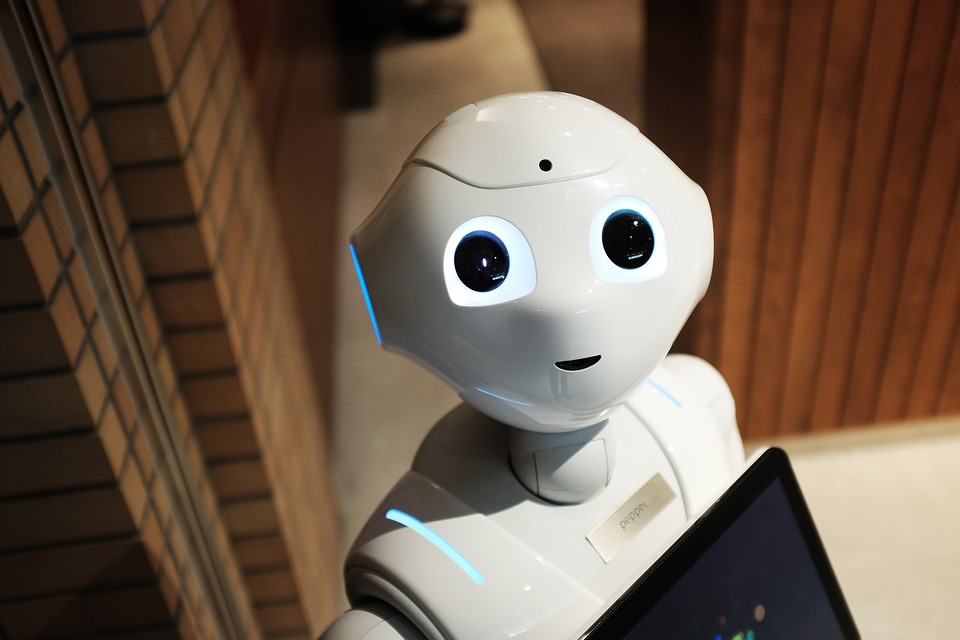I have a feeling that this would be sci-fi but here it goes!
The answer is complicated, but basically boils down to yes, kind of.
When an atom absorbs a photon and one of its electrons becomes excited, it will gain mass. Not a lot. Essentially insignificant, but technically it gains mass. So in this way, yes, the energy from the photon was converted to mass.
The energy that the electron absorbed from the photon to move to a higher energy state doesn’t change the mass of the electron, but it does change the mass of the overall system (the atom), because the mass of the atom includes the rest mass of all of its parts plus any kinetic energy they have.
Actually, this happens any time a photon is absorbed by any system. When light hits your skin and makes it warm, your mass is increasing. Again, by a very insignificant amount, but technically the light is adding to your mass.
Also when something emits a photon, it loses mass.
As far as just converting the energy of a photon into a massive particle without another particle absorbing it, I don’t know of any way that’s possible.
When light hits your skin and makes it warm, your mass is increasing.
So that’s why I’m so fat! I have to spend more time in my basement; that’ll slim me down.
deleted by creator
And what would we need to do to actually extract this energy?
And…we do extract it, with solar panels?
deleted by creator
deleted by creator
Cool.
What sorts of matter are we talking about?
Is it a specific element - like helium or iron?deleted by creator
What do you need to do with these electrons and positrons you just received from the “light transmutation” to make solid material?
.
recreate the conditions from the first 20 minutes after the Big Bang
A much hotter environment.
Does this condition have anything else than the heat difference?deleted by creator
Makes me wonder where does a particle and an anti-particle come from/get born.
(Don’t try this at home).
You can’t tell me what to do >:(
Cool.
So, a much hotter environment.
Does these conditions have anything else different compared to our current space state than heat?
According to relative theory, energy and mass are interchangeable, so yes.
An example is quark confinement, if you want to split quark from neutron or proton, you need energy, but even you cracked them out, the energy would form another quark, so you can’t see single quark



